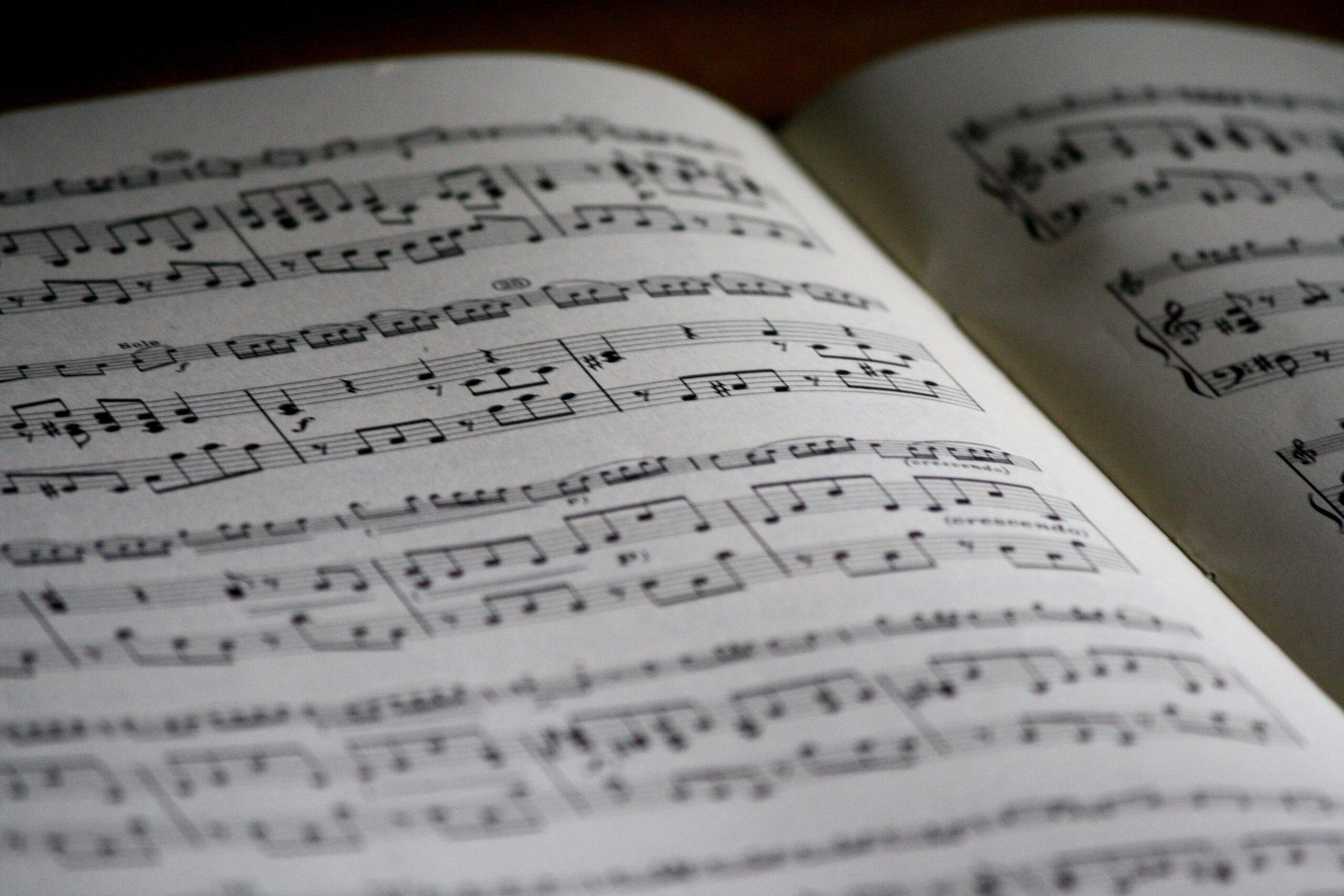 Providing music training to children has positive associations with brain development. An important distinction exists, however, between simply listening to music and engaging in music practice. In 1993, a study called “The Mozart Effect,” asserted that simply listening to Classical music made children smarter. However, that claim was eventually discredited because, although the experiment’s participants were college students, the results were incorrectly extrapolated to benefits for children. “No scientific evidence links listening to music and intelligence in infants.”
Providing music training to children has positive associations with brain development. An important distinction exists, however, between simply listening to music and engaging in music practice. In 1993, a study called “The Mozart Effect,” asserted that simply listening to Classical music made children smarter. However, that claim was eventually discredited because, although the experiment’s participants were college students, the results were incorrectly extrapolated to benefits for children. “No scientific evidence links listening to music and intelligence in infants.”
However, according to several neuroscientific studies, children who undergo musical training, particularly learning to play an instrument or taking voice lessons, have better “verbal memory, second language pronunciation accuracy, reading ability and executive function.” Not surprisingly, the degree of structural brain changes was correlated with “the intensity and duration of practice.” “Music training has been shown to induce brain and behavioral changes in children, and those changes are not attributable to pre-existing biological traits.”
Neuroscientist Nina Kraus offers a possible explanation for this correlation: the interaction of several brain functions. “Our hearing engages our cognitive, sensory, motor, and reward systems.” Processing sound strengthens the same areas of the brain that are responsible for learning language and learning to read. Another study suggests “Music training is a resource that tones the brain for auditory fitness.” The closest relationship between music and cognitive skills appears to be with spatial-temporal reasoning.
Perhaps practicing a musical instrument also helps with the development of perseverance. As Albert Einstein said: “It’s not that I’m so smart, it’s just that I stay with problems longer.” Angela Duckworth defines grit as perseverance and passion for long term goals and maintains that the “achievement of difficult goals entails not only talent but also the sustained and focused application of talent over time.”
A study of preschool students enrolled in Suzuki violin lessons examined attention and perseverance behaviors compared with those who did not receive these classes. The Suzuki students “spent significantly more time on perseverance tasks than did all other subjects in the creative movement or preschool group.” In fact, continuing music training throughout highschool has an academic effect. Research indicates that music participation positively correlates with academic excellence in other subjects. So, music training provides a host of benefits to participants. Let’s get musical!

